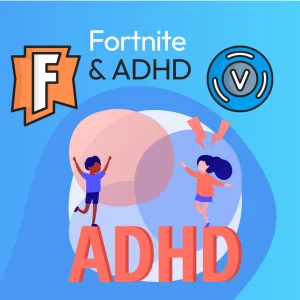High school seniors across the country are in a time of great uncertainty. Graduation celebrations, at this point, have been suspended. Many sporting seasons and championships have been cancelled. Many students have lined up their college admissions but may be uncertain if they will be moving to campus this summer, or if that will be delayed as well. Students hoping to save money are seeing jobs in the service industry reducing hours, or closing entirely. And many are being required to stay home in an effort to slow the spread of the Coronavirus.
One looming question is why does slowing the spread of the coronavirus matter? Many of us have heard that this only affects the elderly, so young people can be less worried. Or perhaps you have heard that people are more likely to get the seasonal flu. The problem with statements like these is that they fail to acknowledge a number of things. First, millions of people are vaccinated against the severe effects of the flu every year. And second, our healthcare system is generally prepared for “flu season” and the millions of patients who trickle in through the doors of our nations hospitals and clinics every year. The rate at which coronavirus is spreading through our population is requiring us to rethink the strategy that we are using to prevent infection.
Which brings us to our high school seniors who are now out of school. The 2020 seniors, already being dubbed “Gen C,” have a critical role to play. These young people graduated into communities who are sheltering in place. Communities working from home, or not working at all. Communities who are not celebrating spring with baseball and barbeques. “Gen C” has graduated into a world that requires increased vigilance and individual responsibility. The class of 2020 has graduated into a world where significant sacrifices must be made in the moment—like cancelling Prom and graduation—to protect the future. When I graduated high school, in 2003, I remember thinking about MY next steps, ME going to college, ME stepping into MY future. The class of 2020 is being required to think about the effect their behavior has on OTHERS: how does me staying home protect OTHERS? How does me avoiding sickness protect OTHERS? How does delaying gratification not, protect OTHERS in the future?
The class of 2020, in many ways, is being called upon by their country even before graduation. Restricting social activity now can reduce future infection rates. Taking steps to keep yourself healthy can help prevent others from getting sick. We can choose to use this crisis as a moment to teach young people about the role they play in their communities. Reminding them of the importance of working together and making sacrifices toward a common good. Encouraging them to be optimistic about the future but cognizant that there are times where we must exercise restraint. Internalizing the idea that they have the ability to affect the world in a very positive way could be a silver-lining to young people through this crisis. And if young people internalize that message showing kindness to others will be a natural consequence.



